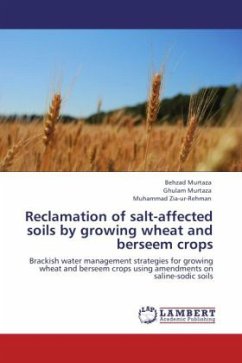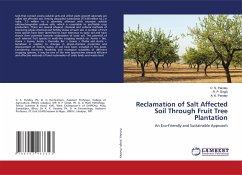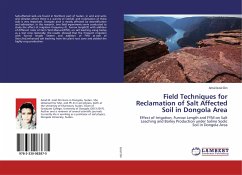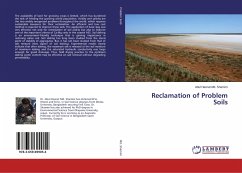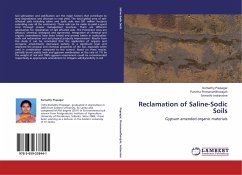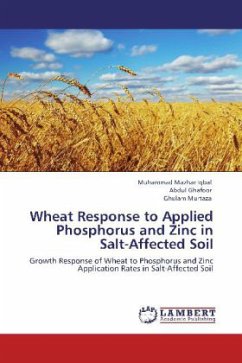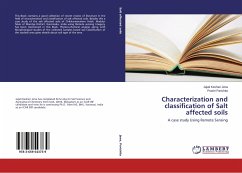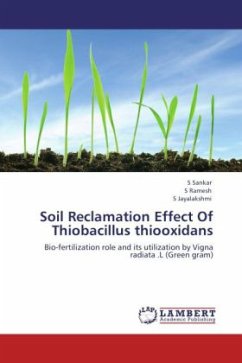Pakistan has the largest contiguous gravity flow canal irrigation system, but is falling short of good-quality water due to increased cropping intensity and increased demands for households and industry over the years. In Pakistan the agriculturally important areas are arid or semi-arid where freshwater supplies are limited to meet crop water requirements especially at critical stages. This shortage is being fulfilled by exploiting groundwater resources which is mostly brackish in nature. We evaluated the growth response of wheat and berseem crops to brackish water during reclamation of dense saline-sodic soils. The cyclic irrigation of CW and TW along with the application of gypsum @ 100% SGR or FM or with auger hole 60 m-2 refilled with gypsum and rice husk (1:1 ratio) remained better in lowering ECe, pHs and SAR and produced maximum grain and straw yields of wheat as well as berseem fodder. Overall, it was concluded that low quality waters could be exploited for irrigation on marginal salt-affected soils.
Bitte wählen Sie Ihr Anliegen aus.
Rechnungen
Retourenschein anfordern
Bestellstatus
Storno

